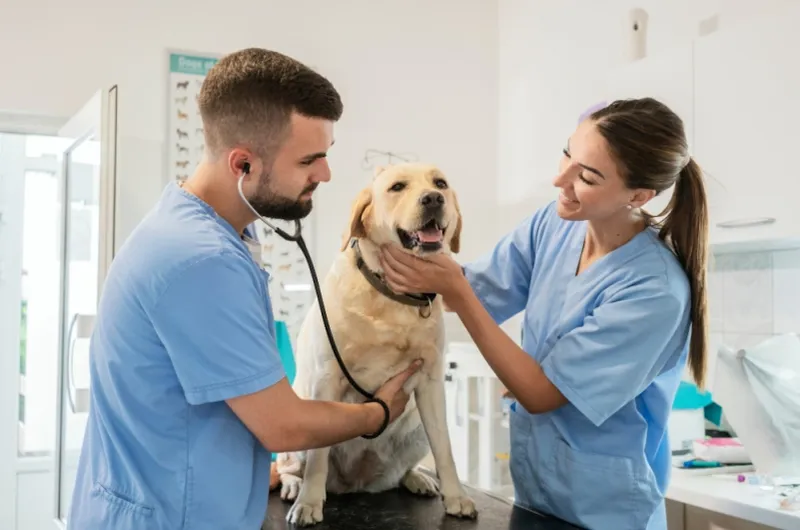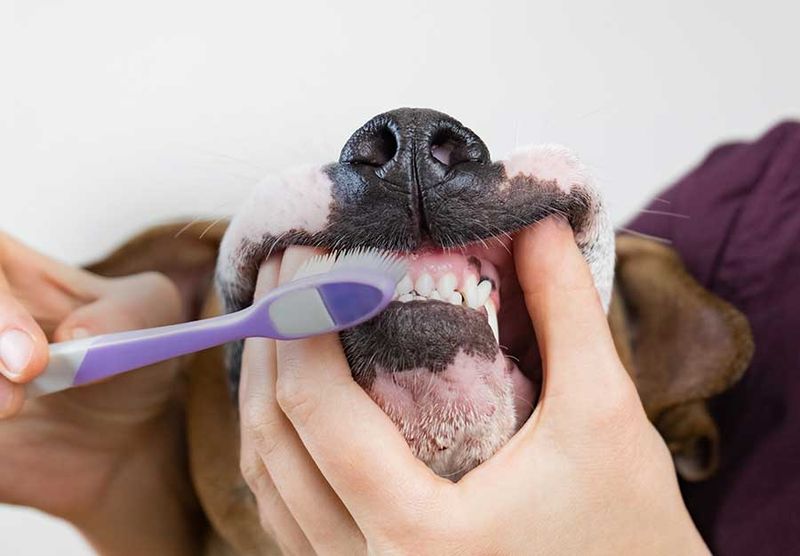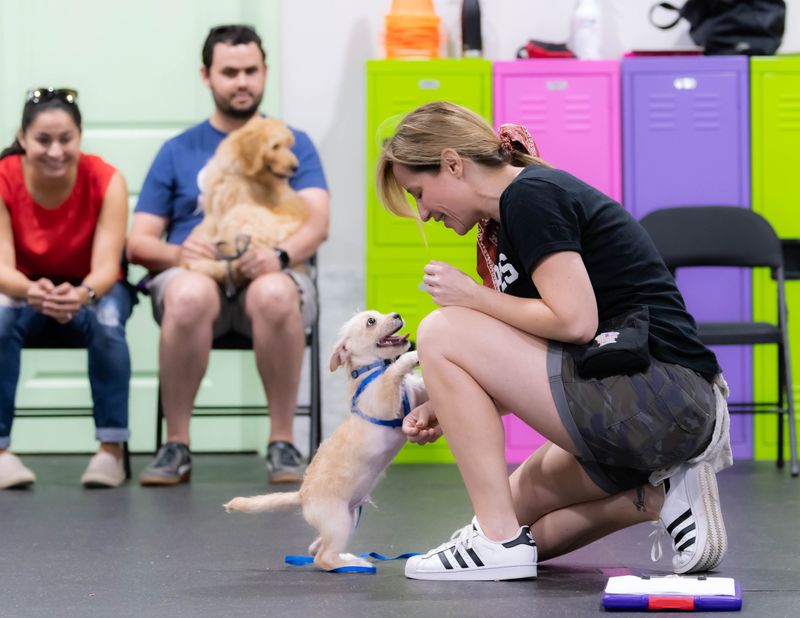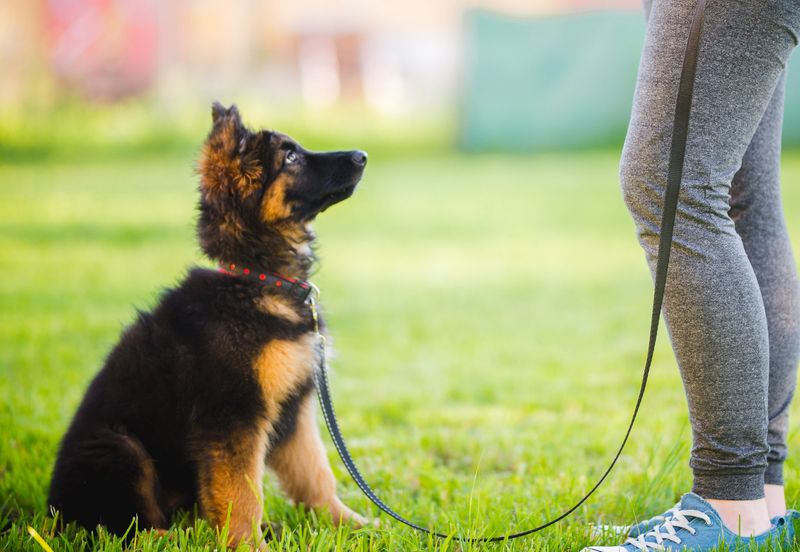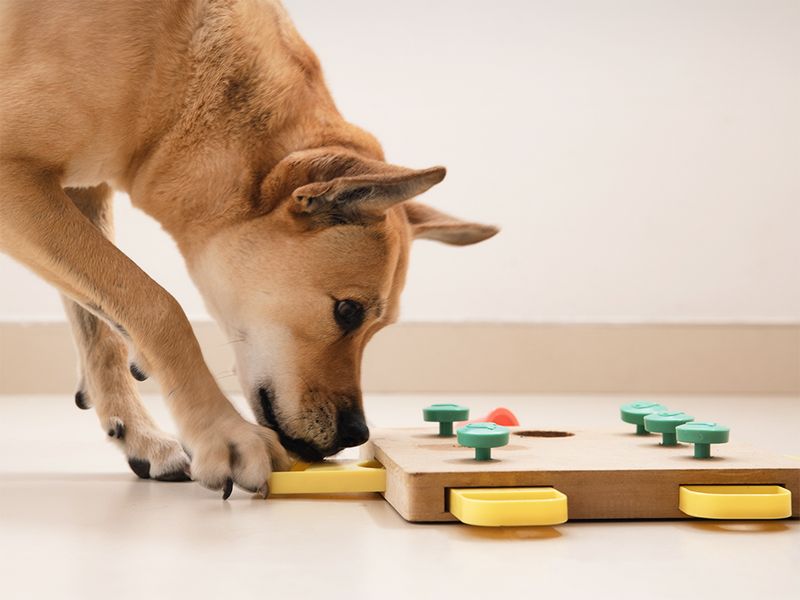Caring for a dog is both a rewarding and demanding task, requiring attention, love, and knowledge. Here are 13 essential tips, vetted by professionals, to ensure your furry friend stays healthy and happy.
Regular Vet Checkups
Ensuring your dog visits the vet regularly is pivotal. These visits detect potential health issues early.
Routine checkups also help maintain your dog’s vaccination schedule, safeguarding against diseases.
Building a relationship with your vet creates a support system for any emergencies.
Balanced Diet
A balanced diet is the cornerstone of a dog’s health. It supports their immune system and keeps their coat shiny.
Consult your vet for dietary advice, especially if your dog has specific health conditions.
Avoid overfeeding to prevent obesity, which can lead to serious health issues.
Exercise and Play
Exercise is crucial for a dog’s physical and mental well-being. Regular playtime strengthens your bond.
Different breeds have varying exercise needs; tailor activities accordingly.
Incorporating games like fetch keeps your dog engaged and active.
Dental Care
Dental hygiene is often overlooked but vital for overall health. Plaque buildup can lead to gum disease.
Use dog-specific toothpaste and brushes. Regular cleaning prevents bad breath.
Dental treats and toys can help maintain oral health between brushings.
Socialization
Socializing your dog ensures they grow up friendly and confident. It reduces anxiety and aggression.
Introduce them to varied environments and other animals gradually.
Puppy classes are an excellent way for young dogs to learn social cues.
Proper Grooming
Grooming is more than aesthetics; it promotes skin health and reduces shedding.
Regular brushing prevents matting and distributes natural oils.
Depending on the breed, professional grooming may be necessary to maintain coat health.
Training and Commands
Training strengthens your bond and ensures safety. Commands like sit, stay, and come are essential.
Positive reinforcement makes learning enjoyable for dogs.
Consistency is key; short, regular sessions yield the best results.
Safe Environment
Creating a safe home environment prevents accidents. Remove hazards like loose wires and toxic plants.
Provide a comfortable space for rest and relaxation.
Safety gates can restrict access to dangerous areas.
Parasite Control
Parasite prevention is critical. Fleas and ticks carry diseases that harm dogs.
Consult your vet for the best prevention methods, like topical treatments or collars.
Regular checks and prompt removal of ticks are essential in keeping your dog healthy.
Hydration
Proper hydration is vital for all bodily functions. Always provide fresh, clean water.
Active dogs and those in hot climates require more water intake.
Monitor your dog’s drinking habits for any changes that may signal health issues.
Mental Stimulation
Dogs need mental challenges to prevent boredom. Puzzle toys and training exercises are effective.
Engaging activities reduce destructive behavior and anxiety.
Rotate toys and introduce new challenges regularly to keep your dog interested.
Stress Management
Recognizing signs of stress is crucial. Loud noises or changes in routine can upset dogs.
Create a calm environment with familiar scents and sounds.
Consult a vet if stress symptoms persist, as they may recommend behavior therapy.
Emergency Preparedness
Being prepared for emergencies saves lives. Keep a pet first aid kit and know basic CPR.
Have a plan for natural disasters, including evacuation routes and emergency contacts.
Regularly update your dog’s ID tags and microchips.

